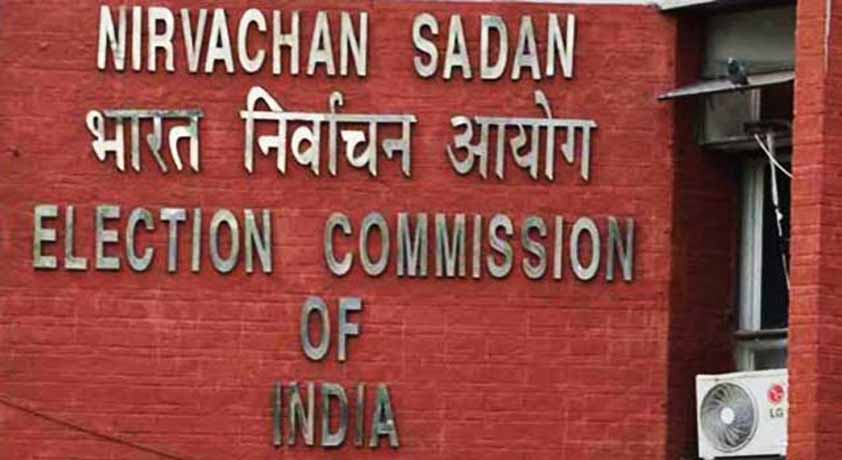Anti-Defection Law Does Not Apply To Presidential Elections: ECI Issues Clarification
Apoorva Mandhani
7 July 2017 2:20 PM IST

Next Story
7 July 2017 2:20 PM IST
The Election Commission of India, on Thursday, clarified that the anti-defection law does not apply to Presidential Elections.“Accordingly, in the Commission’s opinion, the voting or not voting as per his/her own free will at the Presidential election will not come within the ambit of disqualification under the Tenth Schedule to the Constitution of India and the electors are at liberty...
